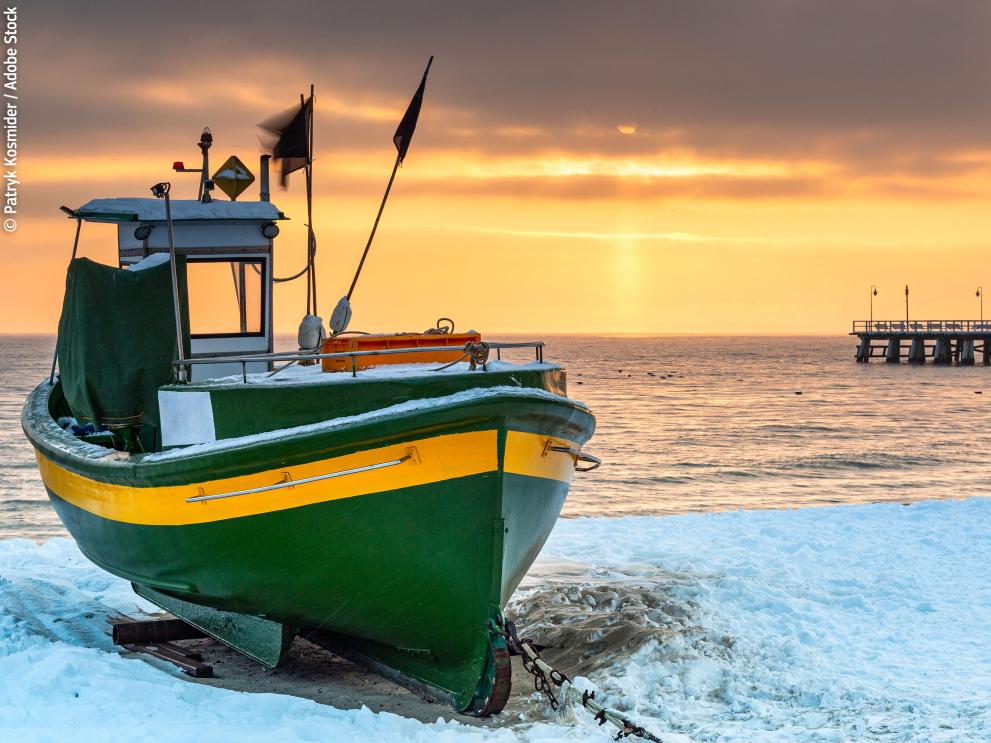
According to the just released 2022 Annual Economic Report on the EU Fishing Fleet, EU fisheries are expected to struggle to maintain profits due to the sharp increase in energy costs and inflation in 2022 and the EU fishing fleet may end 2022 in a loss-making position. This projection does not take account the EU financial support and national State aid that could be provided and that should mitigate the socio-economic impacts of the continued increase in energy prices and inflation. The results in this report also show that the objectives of sustainable fishing and energy transition are mutually reinforcing and necessary to ensure the long-term socio-economic viability of the EU fishing sector.
Fleets impacted by external factors since 2020
In addition to projections for 2022, the report also looks back at 2020 when the sector was impacted by the COVID-19 pandemic. The headwind caused by the COVID-19 pandemic and other external factors such as the UK leaving the EU impacted some fleet segments more than others. Both the large-scale and small-scale coastal fleet remained in overall profits in 2020, despite a decrease in gross profit margin. In the wake of the military aggression of Russia in Ukraine, fuel prices increased significantly in the course of 2022, with almost double the prices of 2021 in the peak in July 2022, which led to subsequent surge in operational costs.
Support from the EU
The EU, from the start of the Russian aggression, and as at the time of the COVID-pandemic, reacted immediately to support the sector by adopting:
- a crisis mechanism, allowing specific support to be provided under the European Maritime, Fisheries and Aquaculture Fund (EMFAF);
- a new State aid Temporary Crisis Framework; and
- a modification of the European Maritime and Fisheries Fund (EMFF) to offer specific support.
All these tools should help the sector overcome the difficult period.
Sustainability and energy transition
Economic evidence suggests that fleet segments which depend on sustainably exploited fishing stocks and which have managed to increase their energy efficiency or lower their fuel use intensity in previous years are more resilient. The trends show that fuel prices are a major driver of the economic performance of the sector and the strong dependency on fossil fuel is a structural weakness in the resilience and economic sustainability of the sector. The annual fuel consumption of the EU fishing fleet is of almost 2 billion of litres. Therefore, it is important to boost the energy transition of the sector to secure its future and a fair income for the fishers as well as reduce its environmental impact.
Background
The Annual Economic Reports on the EU Fishing Fleet provide an overview of the structure and economic performance of the 22 coastal EU Member State fishing fleets. It is the result of combined work by economic experts from the Scientific, Technical and Economic Committee of Fisheries (STECF) and the European Commission.
More information
Details
- Publication date
- 11 October 2022
- Author
- Directorate-General for Maritime Affairs and Fisheries
